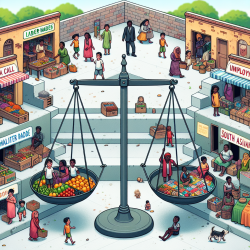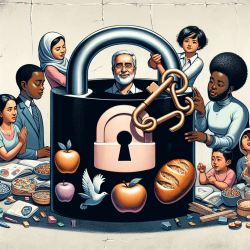Positive Behavioral Interventions and Supports (PBIS) is a framework designed to enhance the learning environment in schools by promoting positive behavior and improving academic and social outcomes for all students. Originating from the principles of applied behavior analysis, PBIS is grounded in research and focuses on creating a supportive environment through clearly defined expectations and consistent reinforcement.
The Connection Between PBIS and RTI
The Response to Intervention (RTI) model is widely recognized for addressing students' learning, behavioral, and social-emotional needs. PBIS fits within this model as a behavioral framework that uses a three-tiered system of support:
- Tier 1/Universal: Focuses on school-wide behavioral expectations and positive reinforcement for all students.
- Tier 2/Secondary: Provides targeted interventions for students who need additional support.
- Tier 3/Tertiary: Offers intensive, individualized interventions for students with significant behavioral challenges.
The Pyramid of Interventions
The pyramid model in PBIS highlights the importance of having interventions at all three levels. Universal interventions at Tier 1 prevent problem behaviors in the majority of students, allowing resources to be directed towards those needing more intensive support at Tiers 2 and 3. Studies have shown that when universal interventions are well-established, improvements from higher-level interventions are more profound and sustained.
Implementing School-Wide PBIS
School-Wide PBIS is a structured approach that involves the entire school community in creating an environment conducive to learning. It involves:
- Predictability: Establishing clear expectations across various settings.
- Positivity: Encouraging positive interactions between staff and students.
- Safety: Implementing strategies to ensure a safe learning environment.
- Consistency: Ensuring uniform responses to behavior across staff members.
The Importance of Teaching Positive Social Behavior
Teaching positive social behavior is crucial as it leads to long-term behavioral change without the negative effects associated with punishment. By explicitly teaching and reinforcing positive behaviors, schools can establish an environment where appropriate behavior is the norm.
Tiers of Support: Targeted and Intensive Interventions
Tier 2: Targeted Short-Term Interventions
This level focuses on providing additional support to students who are not responding to universal interventions. These targeted interventions can be implemented for individuals or small groups and are designed to address specific behavioral challenges.
Tier 3: Intensive Individual Interventions
This tier involves personalized plans for students with severe behavioral challenges. The development of these plans requires careful assessment and collaboration among educators, parents, and specialists to ensure effectiveness.
The Role of Data in PBIS
A key component of PBIS is the use of data to assess the efficacy of interventions. Schools continuously collect behavior tracking data to make informed decisions about the effectiveness of their strategies at each tier. This data-driven approach ensures that interventions are tailored to meet the specific needs of students.
Conclusion: Building a Positive School Culture
The implementation of PBIS requires commitment from the entire school community but offers substantial benefits. By fostering a positive school culture through clear expectations, consistent reinforcement, and data-driven decision-making, schools can create an environment where every student has the opportunity to succeed academically and socially.
For more information, please follow this link.










